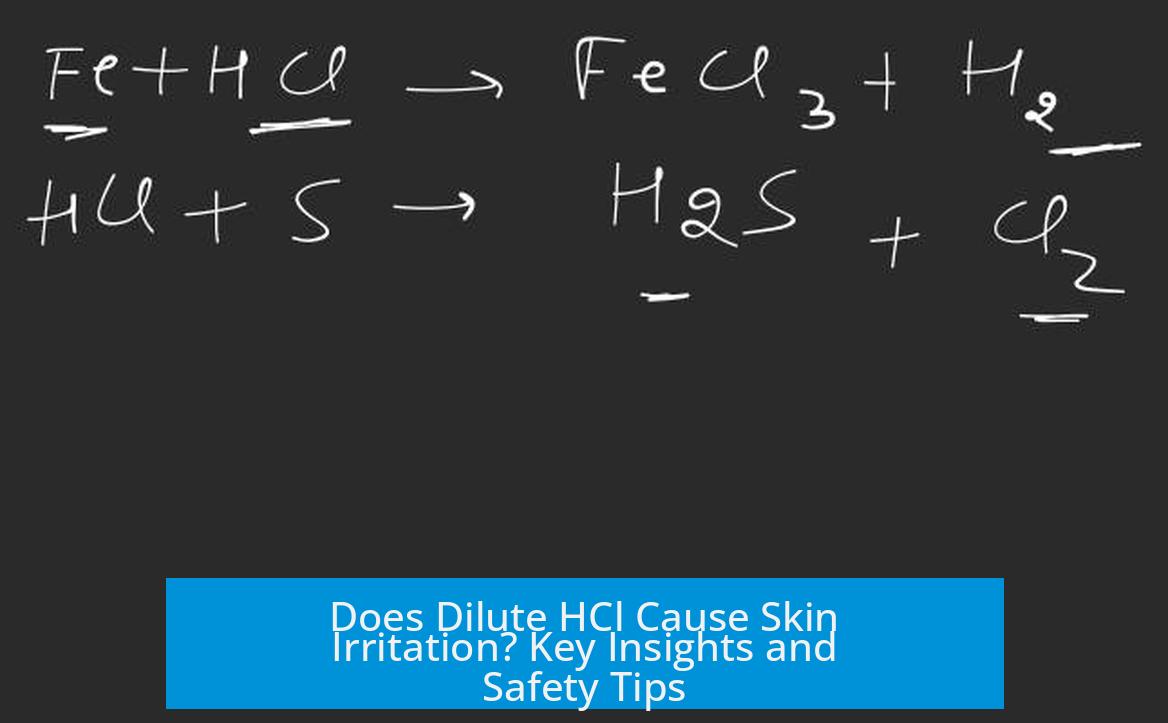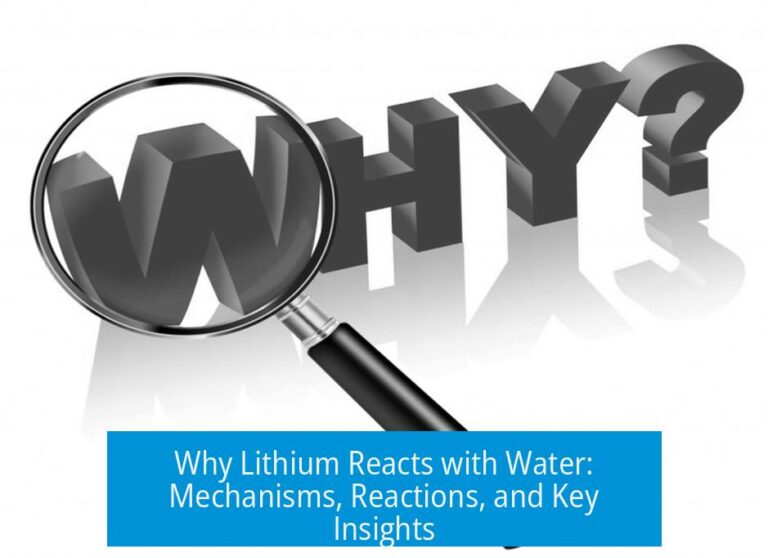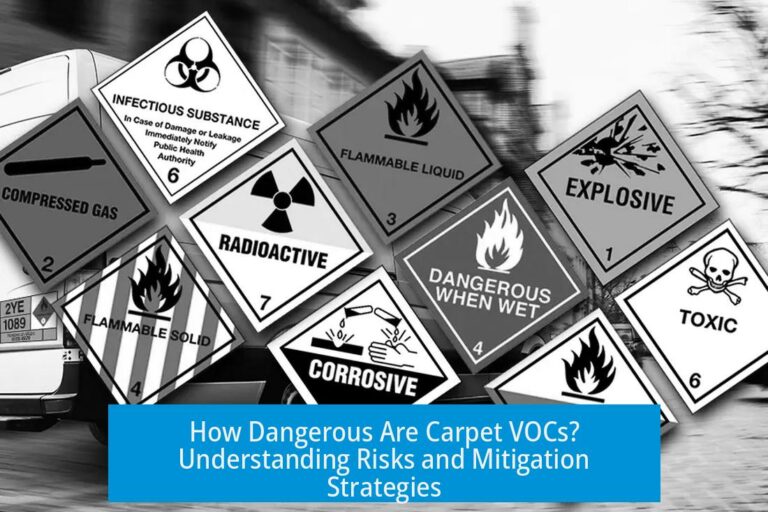Does Dilute HCl Irritate?
Dilute hydrochloric acid (HCl) can cause irritation or burns, but only after prolonged contact with the skin. Immediate irritation or stinging is generally not expected, especially if the acid is quickly washed off. The skin’s toughness and the duration of exposure are critical factors in determining irritation.
Understanding the Irritation Potential of Dilute HCl
Hydrochloric acid is a strong acid commonly used in laboratories and industry. When diluted, its capacity to irritate or burn the skin decreases significantly but does not disappear entirely.
- Acids cause burns by protonating proteins and disrupting cell membranes.
- Dilute HCl requires prolonged contact to lead to skin burns. Brief exposure usually causes no noticeable effect.
- Even concentrated HCl takes about 10-15 seconds of contact to cause a stinging sensation.
- Skin acts as a protective barrier; its thickness helps resist acid penetration.
For example, exposure to 0.02 M HCl, a very weak solution, rarely causes irritation. Laboratory personnel often report no issues after accidental spills, provided they wash off the acid promptly.
The Role of Washing and Water Solubility
HCl is highly soluble in water. This property plays a key role in minimizing harm from accidental exposure.
- Rinsing the affected area with water quickly dilutes and removes HCl, preventing damage.
- Even concentrated HCl spills, if washed off rapidly, may cause little to no irritation.
- Water effectively neutralizes the acid on the skin surface by diluting proton concentration.
There are cases where individuals spilled concentrated HCl (~12 M) on their hands but experienced no pain after immediate washing. This highlights the importance of prompt action.
Comparison with Other Acids
HCl is relatively mild compared to other strong acids with additional hazardous properties.
- Nitric acid (HNO3) and sulfuric acid (H2SO4) exhibit stronger oxidizing effects, leading to more complex tissue damage.
- Hydrofluoric acid (HF) is particularly dangerous due to its ability to penetrate skin and cause systemic toxicity.
- HCl lacks significant oxidizing ability; the damage is mainly due to its acidity.
- The effects of acids on skin are influenced partly by their counterions (chloride, nitrate, sulfate), not just the proton concentration.
Interestingly, the human stomach contains hydrochloric acid at higher concentrations than typical laboratory dilute solutions, and the gastric mucosa tolerates this acid due to specialized protection.
Experiences with Dilute and Concentrated HCl Exposure
Both anecdotal and experimental evidence support the low irritation potential of dilute HCl when handled properly.
- Lab users often report no irritation after accidental exposure to low molarity HCl (e.g., 0.02 M) and immediate washing.
- Minor irritation may occur if concentrated HCl (about 36% w/w, ~10 M) contacts the skin and is wiped or rinsed quickly.
- Prolonged exposure or failure to rinse can lead to burns or significant discomfort.
Individual sensitivity varies. Some people may experience mild irritation or feel prickly sensations, but serious burns are rare under typical dilute exposure.
Safety Recommendations to Prevent Irritation or Burns
Proper safety practices greatly reduce the risk of irritation caused by HCl.
- Wear protective gloves and lab coats to avoid direct skin contact.
- Avoid immersing hands in acid solutions.
- Prevent acid contact with eyes by wearing goggles or face shields.
- If exposure occurs, rinse immediately with copious amounts of water.
- Use appropriate neutralizing agents only if recommended; water is usually sufficient for dilute HCl.
Key Factors Affecting HCl Irritation
| Factor | Effect |
|---|---|
| Concentration of HCl | Higher concentrations increase risk and speed of irritation or burns. |
| Duration of Contact | Prolonged contact significantly raises the chance of skin damage. |
| Skin Thickness | Thicker skin areas resist acid penetration better than thinner or damaged skin. |
| Prompt Washing | Touching acid with immediate rinsing often prevents noticeable irritation. |
| Individual Sensitivity | Some individuals may react mildly where others do not. |
Summary of HCl’s Irritation Properties
Hydrochloric acid is a strong acid that can irritate skin, but dilute solutions cause little to no immediate irritation. Irritation mainly depends on how long the acid touches the skin and whether it is washed off quickly. The skin’s natural barrier significantly slows damage from dilute acid. When handled properly, dilute HCl spills present minimal risk. Comparative studies and personal experience confirm mild effects from dilute HCl but caution remains valid for concentrated forms.
Key Takeaways
- Dilute HCl rarely causes immediate irritation or burns unless there is prolonged contact.
- Rapid washing with water neutralizes and removes HCl, preventing skin damage.
- HCl is less hazardous to skin than several other strong acids.
- Individual sensitivity varies, but typical lab exposures to dilute HCl are low risk.
- Wear protective gear to avoid prolonged exposure to any acid, including HCl.
Does dilute HCl cause immediate irritation on skin?
No, dilute HCl usually does not cause immediate irritation. Any stinging or burns require prolonged contact with the skin.
Can washing the skin quickly after HCl exposure prevent irritation?
Yes, washing with water immediately removes HCl. This quick action greatly reduces or eliminates irritation.
Is dilute HCl less harmful than other strong acids?
Compared to acids like nitric or sulfuric, dilute HCl is milder. It causes less damage on skin contact.
Can short contact with concentrated HCl still be safe?
If washed off quickly, even concentrated HCl tends to cause only minor or no irritation.
Does skin thickness affect irritation from dilute HCl?
Yes, thick skin offers protection. Acid needs longer contact to cause burns through tough skin.





Leave a Comment